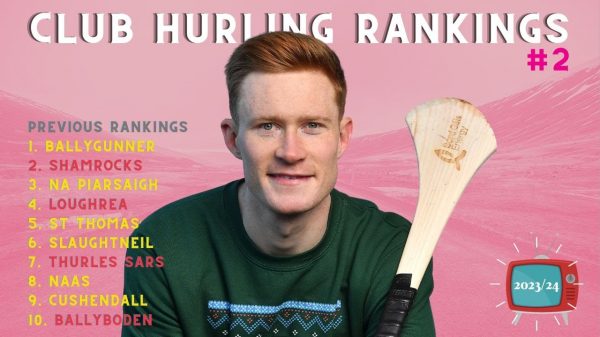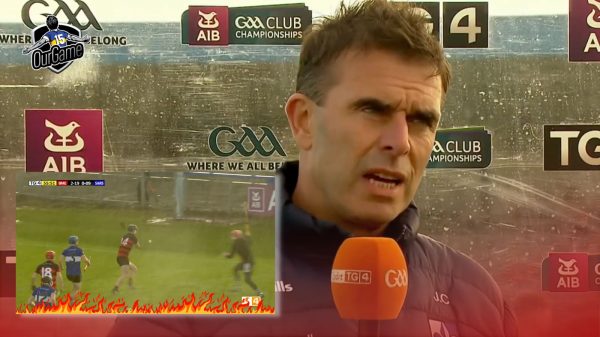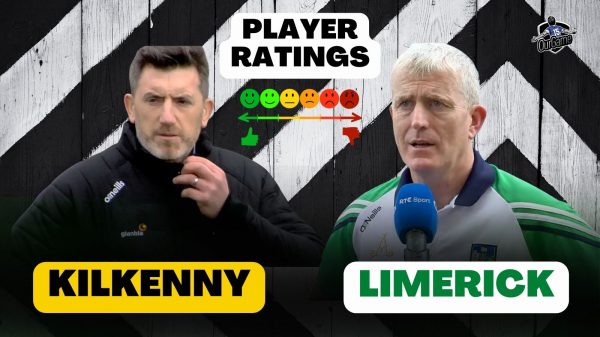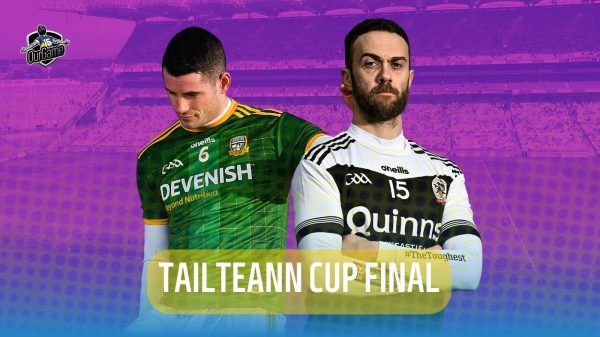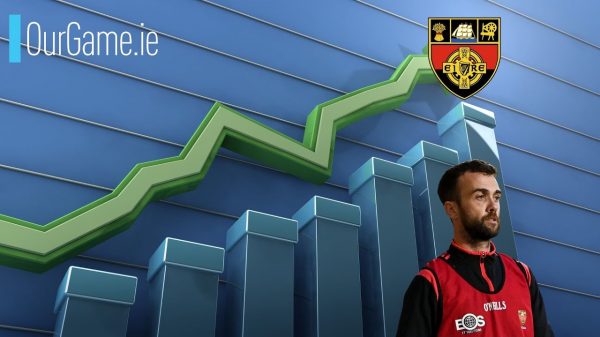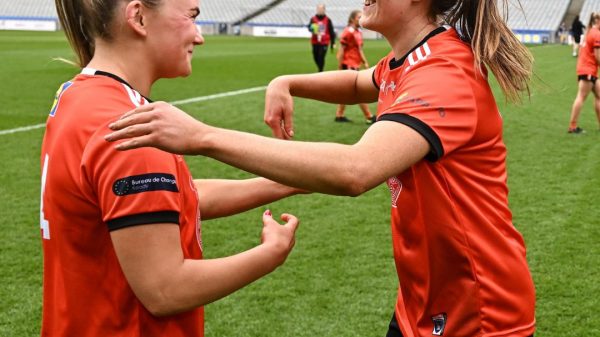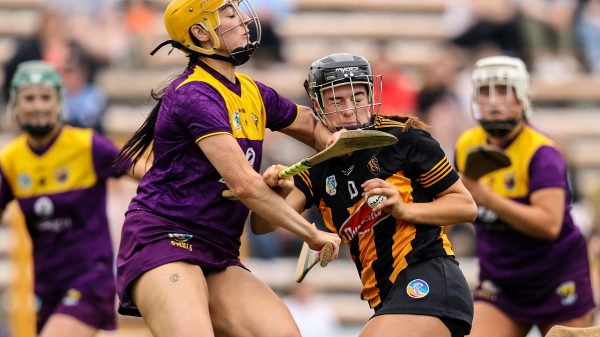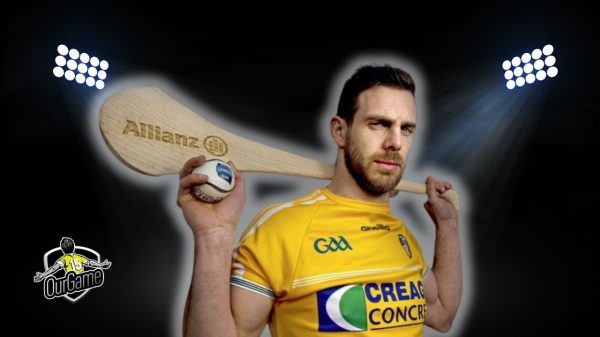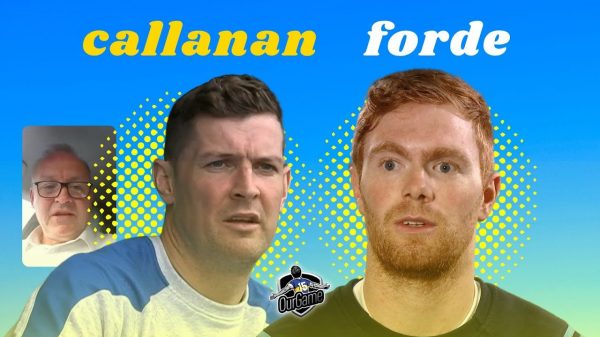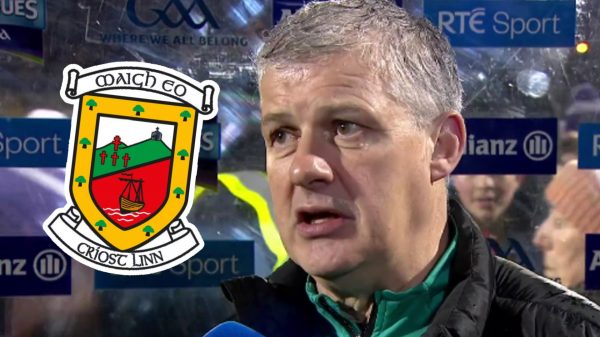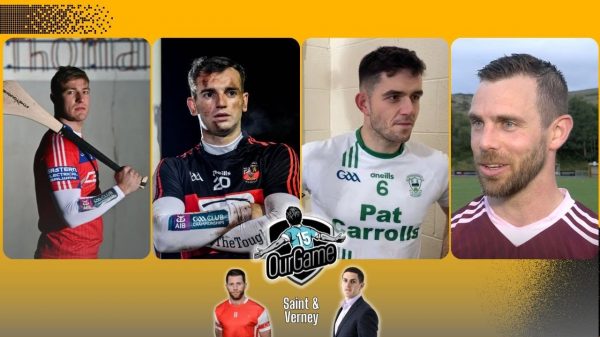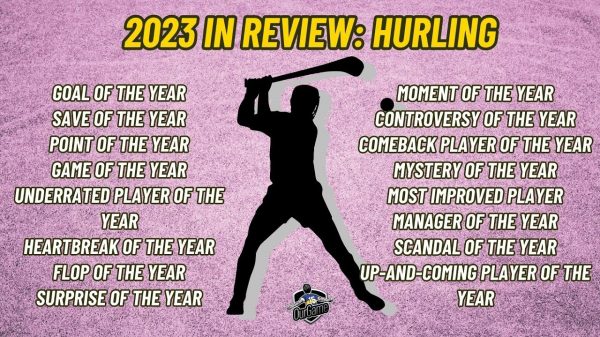Former Carlow and current Down minor football coach Steven Poacher talks about effectively using half-time to change the direction of a game, in the latest of our GAA analysis discussions.
A game can be won or lost at half-time.
The key is to gain an understanding of what is happening, how the opposition is trying to hurt you, and then adjusting accordingly.
GAA teams in both hurling and Gaelic football face these challenges at different times over the course of a season, and turning the tide is perhaps one of the most difficult aspects of the game.
Conversely, what do you do as a manager or coach if the opening 30 or 35 minutes of a game have gone exactly to plan, and now you want to find a way to combat your opposite number who will look to change?
“From experience, both watching games and also being involved, you understand that half-time can win or lose you a game,” says Poacher.
“It’s an area that has probably never really been explored.
“We talk about coaching and different elements of gameplans and switches in the middle of games, but this is a 15-minute segment that you’re totally in control of so it is vitally important.”
The former Carlow and current Down minor coach talks about some of the ways in which teams can influence the outcome at the interval.
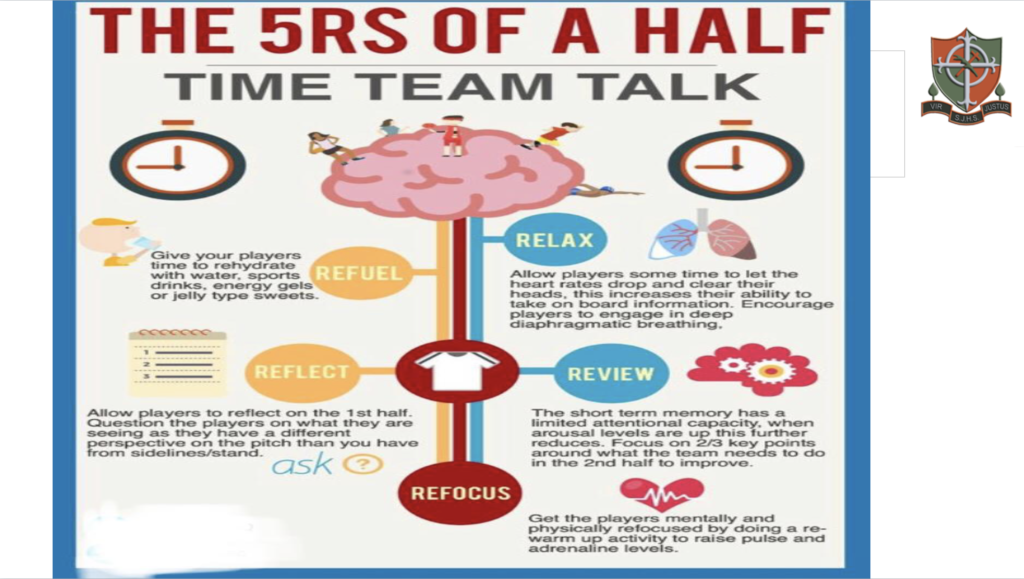
A huge focus is put on the five Rs:
– Relax
– Review
– Refuel
– Reflect
– Refocus
Poacher also draws on his experiences and the testimonies of a number of players from different codes, from GAA to professional sports.
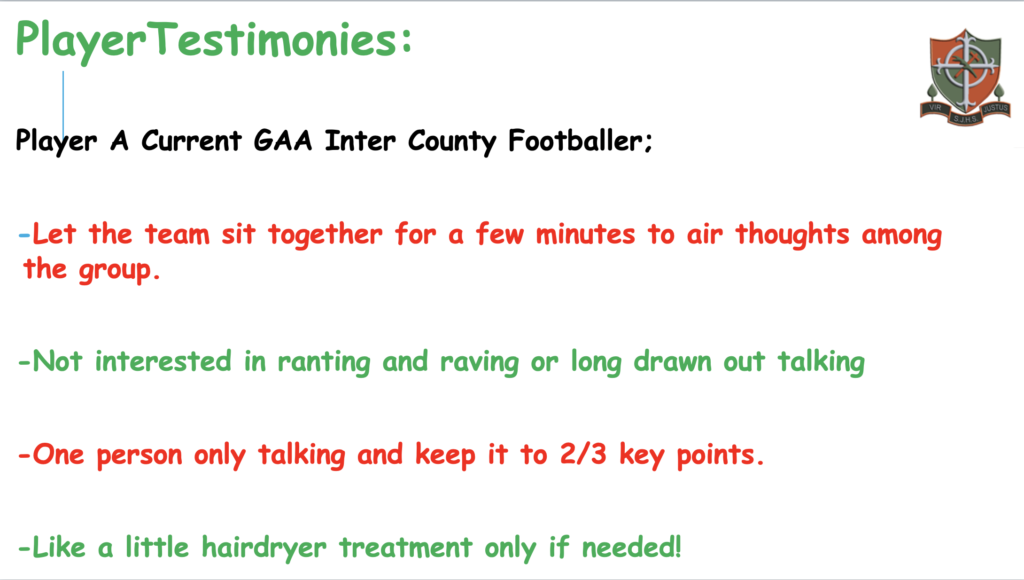
Some common themes appear throughout the testimonies, as Shane Stapleton and Poacher tease out how certain half-time reactions can help win or lose a game.
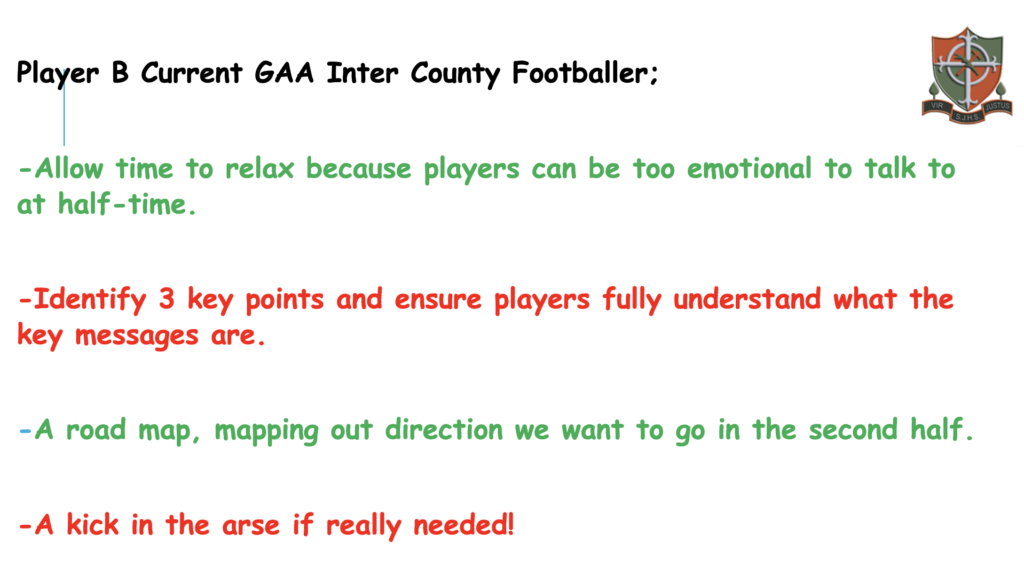
Calmness, positivity, yet being demanding of the players are all factors experienced at both amateur and professional level, as exhibited by Players A through D.
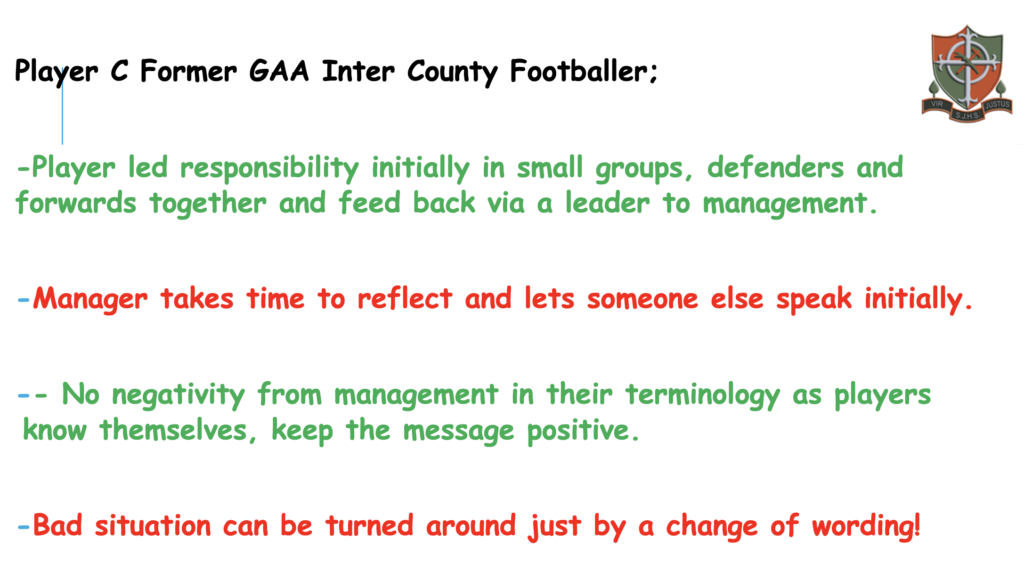
Sometimes, the right use of words can refocus and motivate players, while others simply want a different voice delivering a message.
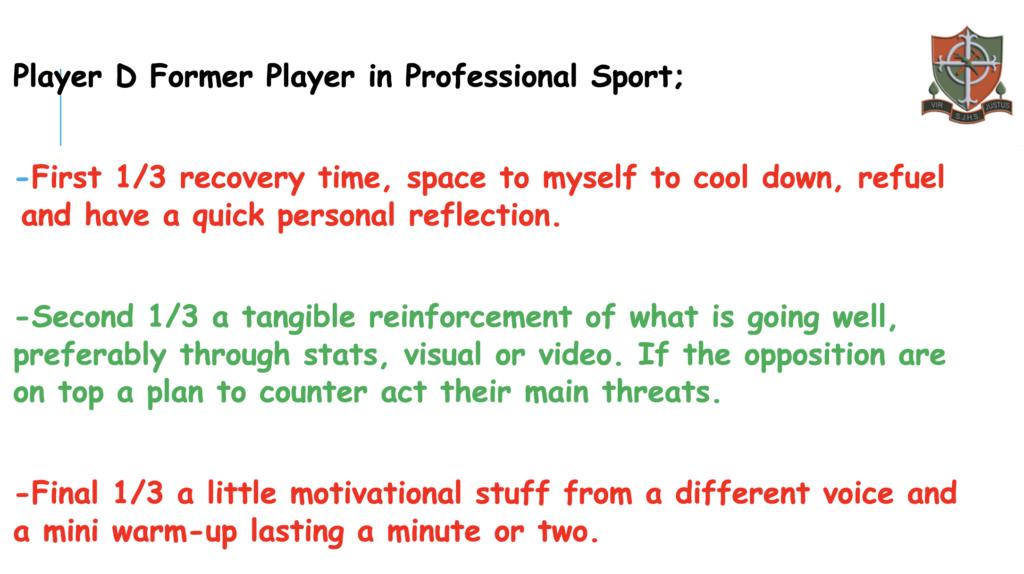
The discussion then veers towards the value of a second warm-up period during half-time, as it stands to reason that a team may need a little help in restarting the engine after an extended break.
Click play on the video at the top of the page, and please feel free to leave your comments or questions below.
